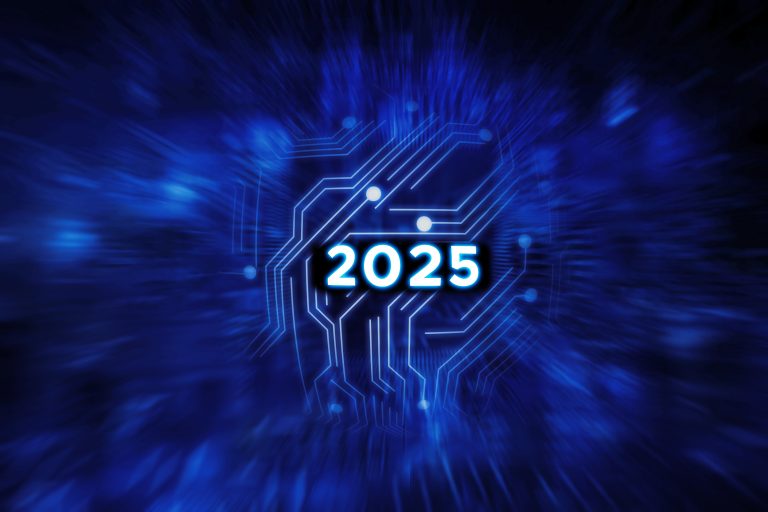Recent conversations with our members gave us valuable insights into how firms are adapting to market shifts, leveraging AI, and refining their business strategies to stay competitive in a changing landscape. Below are some highlights that cover evolving hiring trends, the impact of AI on staffing, challenges with sales and workforce retention, alternative business models, and emerging roles.
Q1 2025 Business Climate
Business conditions remained mixed, with many members reporting a slower first quarter compared to late 2024. While some saw positive momentum, others experienced hiring slowdowns, contractor conversions to full-time roles, and extended time-to-hire cycles. There was a notable shift toward selective hiring and a cautious market approach.
AI’s Impact on Hiring & Workforce Trends
- AI-related roles are growing in demand, but companies are primarily upskilling existing engineers rather than hiring dedicated AI specialists.
- Businesses struggle to define AI job descriptions, and AI adoption varies by industry—healthcare, for instance, remains slower in implementation.
- AI is making individual developers more efficient but raises concerns about long-term job security in software engineering.
- Some staffing firms are using AI tools for candidate screening, training, and outreach, while a few have developed custom AI solutions.
- Despite concerns about job displacement, many believe AI will shift workforce needs rather than eliminate jobs.
- The rise of AI is driving demand for new roles such as Prompt Engineers and AI-fluent Business Analysts.
- Critical thinking and understanding of business processes are becoming more valuable than just coding skills.
AI Tools & Data Challenges
- Firms are experimenting with AI sourcing tools to enhance recruiting efficiency, though adoption remains a challenge.
- LinkedIn’s crackdown on data scraping tools like Apollo and Seamless is impacting sourcing strategies.
- Securing proprietary data and preventing exposure via AI tools like ChatGPT is becoming a priority for some clients.
Remote Work & Market Shifts
- The demand for US-based software engineers is uncertain, as companies explore global hiring options facilitated by new payroll solutions.
- Network engineers and DevOps professionals remain in demand, while IT hiring overall remains subdued.
- Remote work expectations are evolving, with some developers becoming more flexible while others continue to demand fully remote positions.
- Some firms are diversifying beyond tech, placing professionals in legal and education sectors.
Sales & Hiring Challenges
- Companies continue to face difficulties in hiring and retaining sales talent, particularly regarding compensation structures and training investment.
- The debate continues over hiring from within the industry versus bringing in sales professionals from other sectors.
- Some firms reported challenges with onboarding and retaining sales hires, with long lead times before new hires become profitable.
- New sales hires are expected to cover costs within their first year, but real ROI often comes in years 2-3.
Statement of Work (SOW) & Business Model Shifts
- Firms exploring SOW work emphasized its advantages over traditional staffing, such as higher profit margins and deeper client relationships.
- However, transitioning to SOW requires a different sales approach, and firms noted that growth in this area has been slower than some industry reports suggest.












